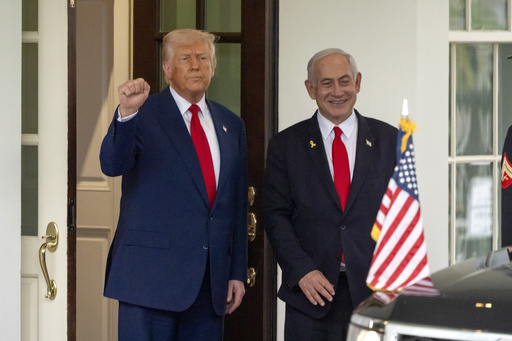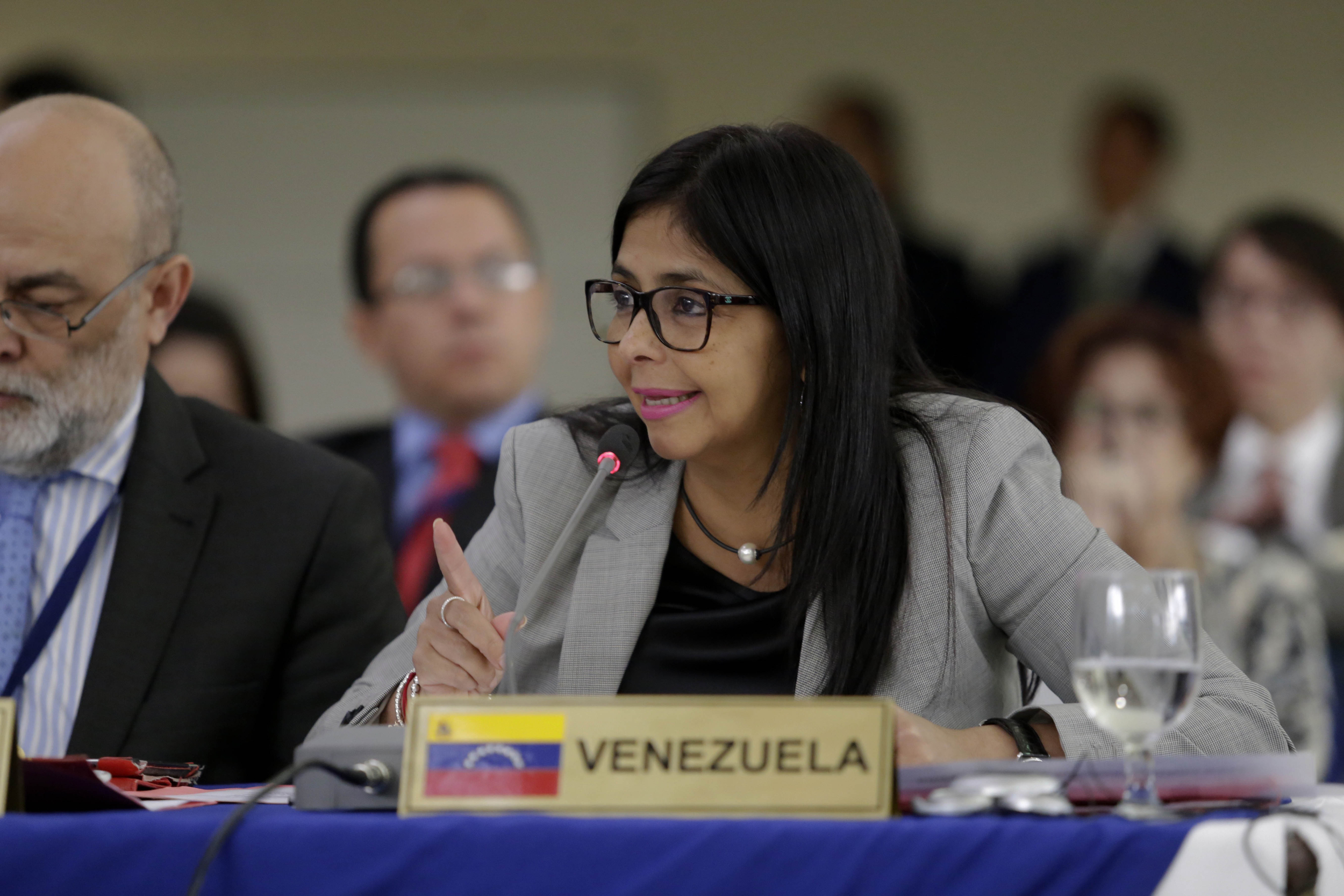
FILE - President Donald Trump, left, stands with Israel's Prime Minister Benjamin Netanyahu at the West Wing of the White House, April 7, 2025, in Washington. (AP Photo/Mark Schiefelbein, File)
Every Philosophy 101 student is familiar with the classic moral dilemma: If given the chance to eliminate Adolf Hitler before his rise to power, would you pull the trigger to prevent the ensuing global catastrophe? This hypothetical scenario has long been debated, often with the conclusion that the death of the young, aspiring artist would be a small price to pay to avert the horrors of the Holocaust and World War II.
Fast forward to today, and a new moral quandary emerges: the Iranian nuclear threat. As discussions intensify over the potential for U.S. military intervention alongside Israel to neutralize Iran’s nuclear capabilities, the echoes of past dilemmas resonate. The stakes are high, and the consequences of inaction could be severe.
The Iranian Nuclear Threat
For the past several weeks, the debate has raged across social media platforms, news outlets, and political arenas. The question at hand: Should the United States take military action to prevent Iran from acquiring nuclear weapons? The arguments against such action range from skepticism about the evidence to concerns about sovereignty and the potential for a prolonged conflict.
However, the specter of a nuclear-armed Iran, with its leaders’ notorious “Death to America” rhetoric, has many worried about the potential for widespread destruction. The dilemma is reminiscent of the hypothetical Hitler scenario, where the decision to act preemptively could prevent future atrocities.
Historical Parallels and Present Concerns
The Iranian situation draws parallels to past conflicts where preemptive action was considered. During the Cold War, the United States faced similar decisions regarding the Soviet Union’s nuclear capabilities. The Cuban Missile Crisis, for instance, was a pivotal moment where the threat of nuclear war loomed large, and decisive action was required to avert disaster.
Today, the fear is that allowing Iran to develop nuclear weapons could lead to a similar standoff, with potentially catastrophic consequences. The debate is not just about military intervention but also about the broader implications for global security and the balance of power in the Middle East.
Political and Public Reactions
President Donald Trump’s administration has been at the center of this debate, with Trump himself maintaining a firm stance that Iran must not be allowed to develop nuclear weapons. Despite his track record of avoiding new wars, Trump’s decision to authorize strikes on Iran’s nuclear facilities has sparked controversy.
Even within his own political base, opinions are divided. Prominent figures like Tucker Carlson and Steve Bannon have expressed concerns that Trump is being influenced by external forces, such as Israeli Prime Minister Benjamin Netanyahu or the so-called “deep state.” Meanwhile, some of Trump’s allies, including Rep. Marjorie Taylor Greene, argue that military action contradicts the “Make America Great Again” ethos by entangling the U.S. in foreign conflicts.
The Implications of Action or Inaction
The potential consequences of a U.S. strike on Iran are significant. Critics warn of the possibility of a prolonged ground war, while supporters argue that decisive action is necessary to prevent a nuclear-armed Iran. The situation is further complicated by the geopolitical dynamics of the region, with countries like Israel and Saudi Arabia closely watching the developments.
Trump’s recent diplomatic successes, such as brokering a ceasefire between Israel and Iran and negotiating peace between India and Pakistan, have bolstered his standing on the international stage. These achievements have led some to speculate that he could be a contender for the Nobel Peace Prize, should his efforts be recognized by an impartial panel.
“The result so far has been magnificent. Not only did Trump deliver a significant blow to the Iranian nuclear ambitions, but he also forced Israel and Iran to accept a ceasefire after 12 days of war,” noted Frank Miele, a columnist for RealClearPolitics.
Looking Ahead
As the world watches the unfolding situation, the stakes could not be higher. The decision to act or not act carries profound implications for global security and the future of international relations. While the moral dilemma of preemptive action remains, the reality is that the consequences of inaction could be equally dire.
For now, the world waits to see how this modern-day moral quandary will be resolved, hoping that history will judge the actions taken as necessary to protect future generations from potential nuclear devastation.






